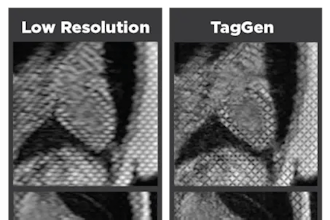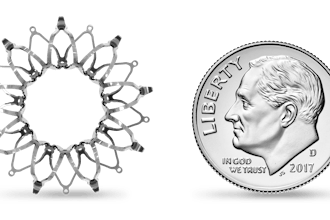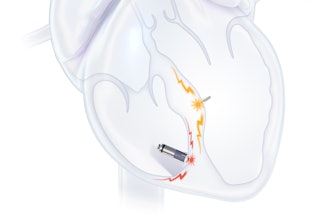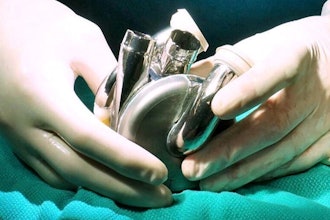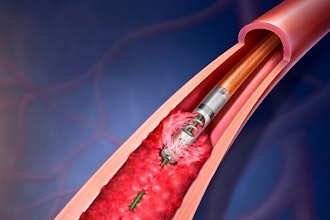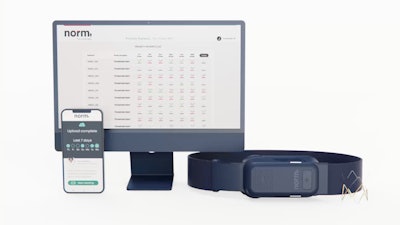
FIRE1, a connected medical device solutions company, today announced the completion of a $120 million financing round.
FIRE1’s Norm heart failure management system offers an approach for patients to manage heart failure. By enabling patients to engage in physician directed self-management, Norm reduces the burden on healthcare staff, making it easier to keep patients healthier and at home. The funding will enable the company to complete a pivotal clinical trial of the Norm system.
The round was led by Polaris Partners and Elevage Medical Technologies, joined by new investors Sands Capital and Longitude Capital, and existing investors Andera Partners, Gilde Healthcare, Gimv, the Ireland Strategic Investment Fund, Lightstone Ventures, Medtronic, NEA (New Enterprise Associates), Novo Holdings, and Seventure Partners.
“From the beginning, our team has been driven by two core goals: creating a better way to manage heart failure by monitoring fluid volume more directly, and empowering patients with actionable data to improve their lives,” said Conor Hanley, CEO and President of FIRE1. “I am thrilled to welcome four more world-class investors to our exceptional syndicate.”
In addition to the financing, FIRE1 announced that it has received Breakthrough Device Designation from the FDA and has been accepted into the FDA’s Total Product Lifecycle Advisory Program (TAP).
The company also welcomed Ellie McGuire, Partner at Polaris Partners, and Michael Wasserman, COO at Elevage Medical Technologies, to its Board of Directors.
“FIRE1 has developed a groundbreaking solution to one of healthcare’s most pressing challenges: providing scalable ways to manage the disease of chronically ill patients and prevent the need for frequent hospitalizations,” said Ms. McGuire. “The Norm™ heart failure self-management system is a first-of-its-kind innovation that empowers patients to take greater control of their health. We believe this represents a paradigm shift in chronic disease management.”










